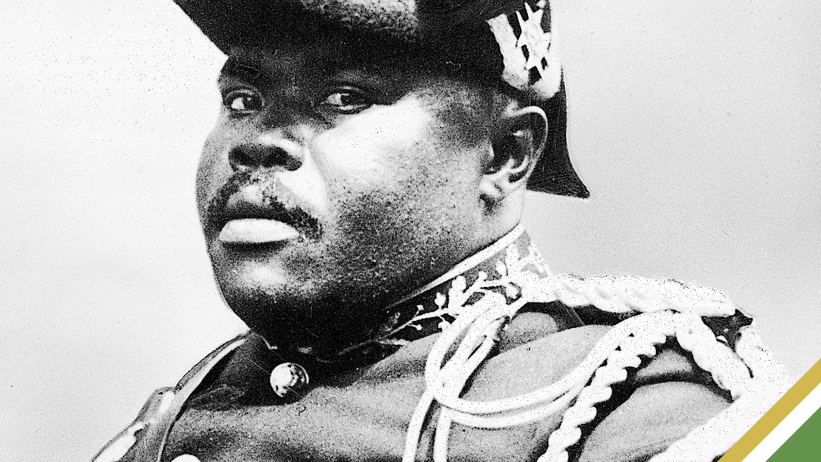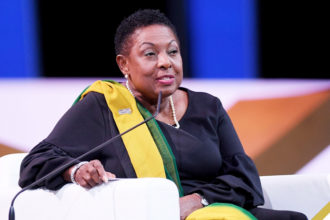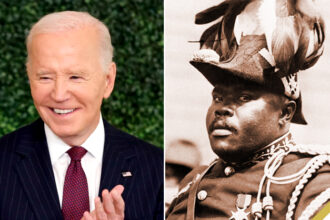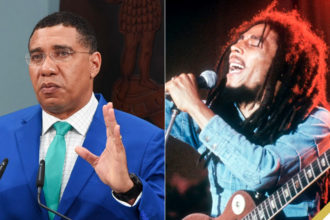A commemorative plaque honouring Jamaica’s first national hero, Marcus Garvey, will be unveiled at Big Bethel AME Church in Atlanta, Georgia, on March 25, 2025—the very location where Garvey delivered his first public lecture in the city 108 years ago. This milestone event not only celebrates Garvey’s contributions to Black empowerment but also aligns with the United Nations’ International Day of Remembrance for the Victims of Slavery and the Trans-Atlantic Slave Trade, underscoring his fight for racial justice and economic independence.
The unveiling, spearheaded by Jamaica’s Ambassador to the U.S., Her Excellency Audrey Marks, in partnership with Steven Golding, President of the Universal Negro Improvement Association (UNIA), will mark a significant moment in Black history. It also follows the recent posthumous pardon of Garvey by former U.S. President Joe Biden, correcting a century-old injustice from his controversial 1923 mail fraud conviction. “Marcus Garvey was a pioneer in the civil rights movement,” Biden noted in his official statement, referencing Dr. Martin Luther King Jr.’s acknowledgment of Garvey as “the first man of colour in the history of the United States to lead and develop a mass movement.”
Adding to the event’s cultural significance, attendees will be treated to an exclusive screening of Mosiah, a film about Garvey’s life starring Atlanta native Samuel Lee-Fudge. With over 6 million members in more than 40 countries, Garvey’s UNIA-ACL remains the largest global movement of Black people in history, making this tribute a poignant reminder of his enduring impact.
Among the distinguished guests expected to attend are Atlanta Mayor Andre Dickens and Jamaica’s Consul General Oliver Mair, alongside members of the Atlanta Jamaica Association. The plaque unveiling serves as a symbol of Garvey’s unwavering vision, ensuring that future generations recognize his influence in shaping Black consciousness and global civil rights. As Ambassador Marks aptly stated, “Garvey’s legacy is one of self-reliance, economic empowerment, and cultural pride—values that remain relevant today.”













